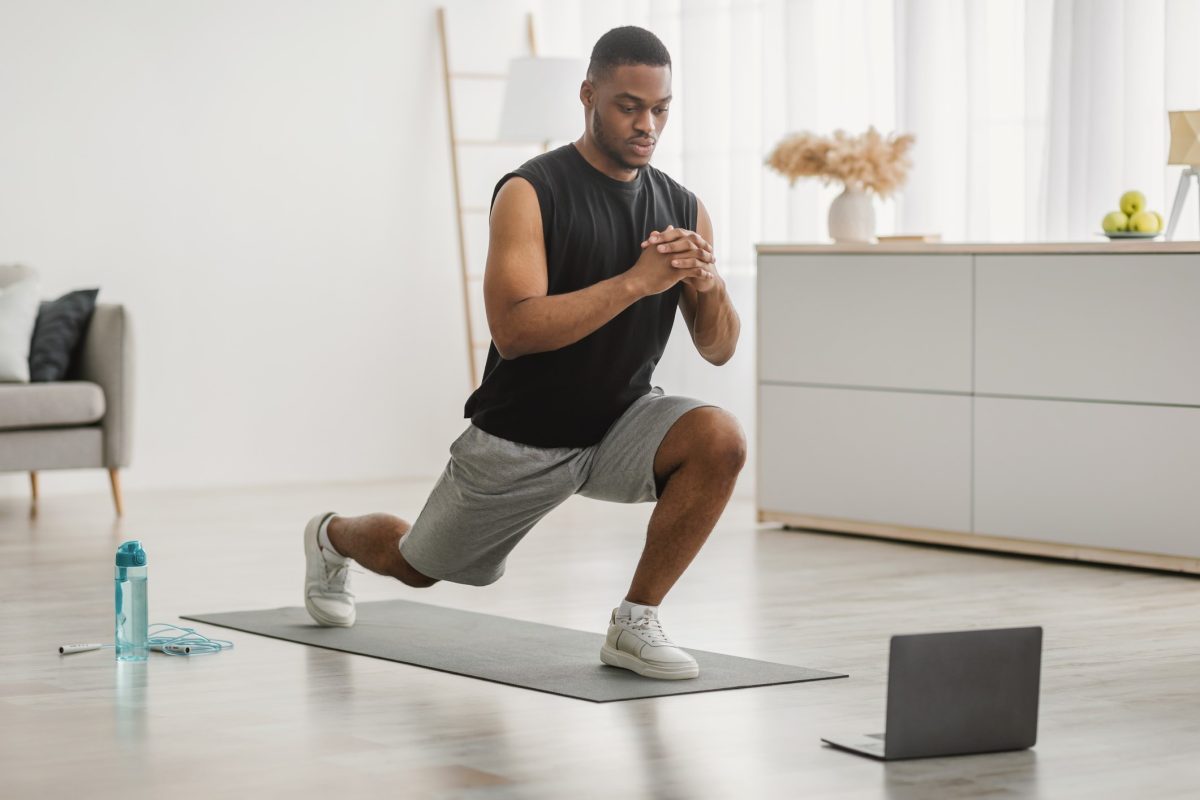You might think you have to exercise for an hour or longer to build strength in an 8-hour workday, but this new study yields surprising results. Moving your body increases your blood circulation, boosts your mental health and fitness, prompts the release of feel-good endorphins, and more. Of course, exercising is a beneficial part of a healthy lifestyle, but many busy professionals have trouble fitting in the time, especially during a packed work week. Exercise snacking could be a viable solution when you don’t have time for a long workout sesh. Let’s delve into exercise snacking and the interesting results of the research.
What is exercise snacking?

Exercise snacking refers to brief snippets of intense physical activity lasting a few minutes or several minutes rather than 30-60-minute sessions or longer. While it’s better than no exercise at all, you might think exercise snacking isn’t enough to get stronger, but this new study shows it might just be an effective solution to powering up your muscles when you’re busy sitting at a desk for hours.
Exercise snacking is a fitness trend that encourages bouts of activity throughout your workday. You could set reminders on your phone so you remember to get those muscles moving.
The study results

A small study by researchers at the University of Essex set out to determine if performing 16 minutes of bodyweight exercises like squats and lunges broken up across an eight-hour workday would enhance strength. The results showed that over a four-week period, participants had stronger muscles and better balance.
Another 2022 article published in the Exercise and Sport Sciences Review documented that shorter bursts of activity positively impacted general fitness. They concluded that performing 15-30 seconds of vigorous-intensity exercises like cycling or stair climbing three times per day improved exercise performance and cardiorespiratory
Should you try exercise snacking?

While research has shown positive impacts from being a weekend warrior and working out in a two or three-day block, this research also shows positive results from peppering your workouts into smaller increments throughout the day. Being sedentary for longer periods of time can make your muscles feel stiff and constricted, decrease your blood circulation, diminish your mood, and more.
You might feel more productive when you get back to work after getting up and ‘snacking’ on some much-needed movement for your muscles. That being said, it seems that putting in at least 16 minutes of exercises like squats and lunges is worthwhile if you want to build strength throughout your workdays. Otherwise, you’ll still be enhancing your exercise performance and cardiorespiratory fitness. Mix it up and keep it interesting with other variations, like the Bulgarian split squat.




